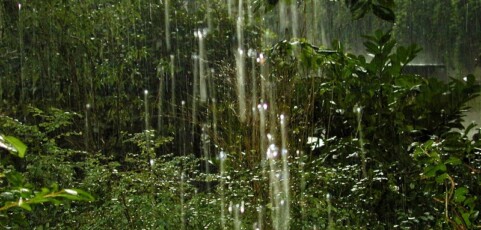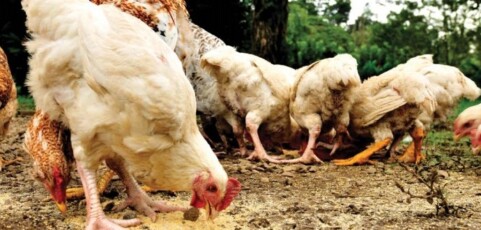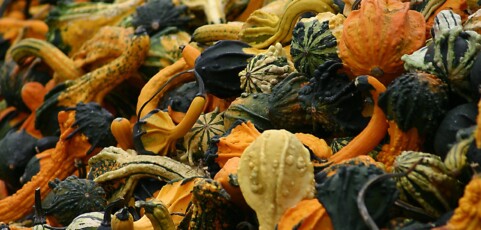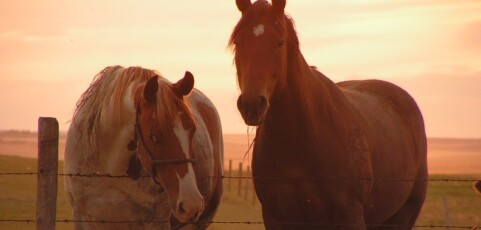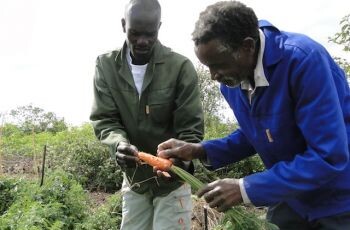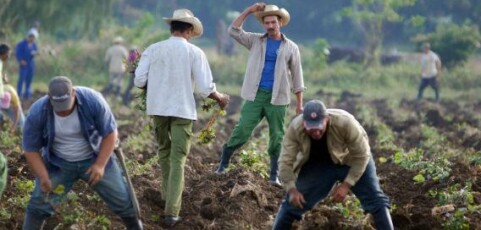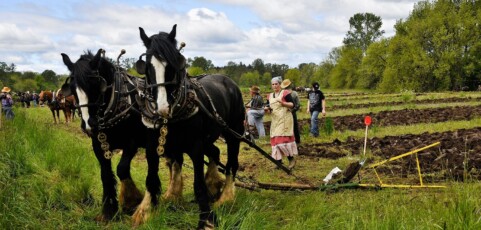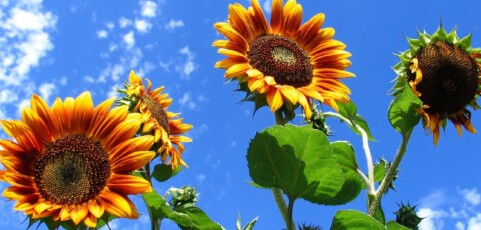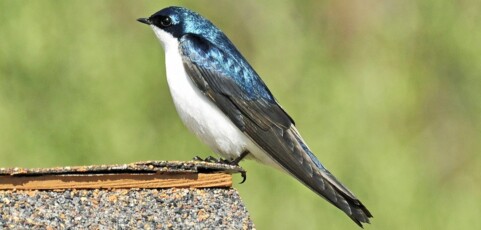Katrina Kotze is part of the Melkkraal community in the Hantam Karoo Region of the Northern Cape Province in South Africa. This community struggle with access to water and ownership of land.
Sri Lanka Analog Forestry
This report highlights the extent to which the small farmers were able to adapt to the impacts of climate change variations by establishing analog forests in their land holdings.
Animal and Human Welfare are hand-in-hand. How animal welfare can boost jobs and livelihoods
This briefing outlines how livestock are an important contributor to food and explores how improvements to animal welfare can boost jobs and livelihoods.
Agroecology and why it is the solution to hunger and food security
Miguel Altieri talks about the problems of the dominant, industrial-chemical agricultural system and the importance of small scale, agroecological farming as an alternative to meet the needs of food security and protect the environment.
What is agroecological farming? And why should it be upscaled?
Olivier explains the principles of agroecology and why it is so important for transitioning away from fossil fuel technologies which dominate the industrial food system at present. In practice small scale, locally independent models are best for implementing it. However, if governments support the adoption and spread of agroecological principles it can be scaled up to meet the needs of food security around the world.
We will not wait for government
Concerning how African branch of La Via Campesina (LVC) pledges to build food sovereignty from below by promoting agroecology in the region of Southern, Eastern and Central Africa.
What Cuba can teach us about food and climate change
After the Cold War, Cuba faced many of the agricultural challenges that the rest of the world is now anticipating.With no fertilizer, pesticide, or herbicide, and no means to import substitute chemicals, its community landed on “agro-ecology.”
Food Voices: Stories of the Food Sovereignty Movement
Voices from over 80 farmers and fisherfolks from US, Brazil, Ecuador, Venezuela and Haiti about what food sovereignty means to them and how they are pursuing it or obstacles they face when pursuing it.
Without women there is no food sovereignty
This article analyzes the impact of agro-industrial policies on women and the key role that peasant women in the Global North and South play in the production and distribution of food. It analyzes how the dominant agricultural model can incorporate a feminist perspective and how the social movements that work towards food sovereignty can incorporate a feminist perspective.
Sharing Power. A global guide to collaborative management of natural resources
The collaborative or ‘co-management’ of natural resources – whether between states and local communities or amongst and within communities themselves – is a process of collective understanding and actions by local communities and other social actors. The process brings about negotiated agreements on management roles, rights and responsibilities, making explicit the conditions and institutions of sound decentralized governance. At heart, co-management is about sharing power.


